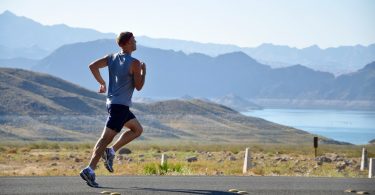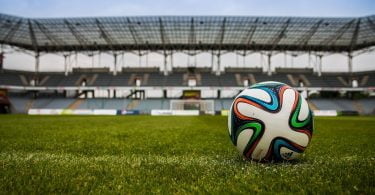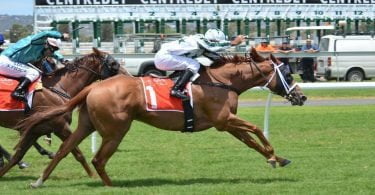Following on from the successes of London 2012, Glasgow had a point to prove when hosting the twentieth Commonwealth Games and boy did they do just that.
Following on from the successes of London 2012, Glasgow had a point to prove when hosting the twentieth Commonwealth Games and boy did they do just that.
Although the opening and closing ceremonies were a lot less favoured and divided opinion among a lot of people, the 11 days of sporting competition that took place in between were awe inspiring and had the majority of us sporting fans glued to our television screens instead of enjoying the beautiful British summer that has fallen upon our island.
The wonderful thing about the Games is that they’re spectacularly underrated. There are often questions surrounding its importance to athletes or whether or not it is relevant in the current climate but that’s what makes it so special. In each four year cycle, these questions are asked and each time the host nation puts on a show to prove any doubters wrong.
Despite the noticeable absence of powerful sporting nations such as the US and Russia, the nations that do compete allow us to look inside their sporting cultures and uncover hidden talents who have been slowly working their way to up the ladder and eagerly awaited for their chance to shine; and this is the stage where they can do just that.
Young athletes with bright futures
With the United Kingdom being separated into each country (England, Scotland, Northern Ireland and Wales) we are able to unearth little gems that very few people knew about until July 24th but who will now become household names in the wake of some outstanding performances that will make the world stand to attention.
One of these little gems is 16-year-old gymnast Claudia Fragapane, who has taken the entire Commonwealth by surprise by becoming the first Englishwoman to win four gold medals in single games in 84 years; her routines encompassing a new and modern age to her sport, one that will be adored for many years to come.
Other home nation interests include Scottish swimmer Ross Murdoch, who roared his home crowd into life by beating the favourite and fellow countryman Michael Jamieson in a thrilling 200m breaststroke final.
For young athletes such as this, among others, life may never be the same for them after their achievements as they will have to deal with the commercial pressures that face professional athletes in the modern age but from what we have seen from them so far, there is little doubt that the pressure will be too much for them to handle.
We need to remember how lucky we are
Athletes like this will make future generations appreciate the value of a home Games, as we aren’t likely to see another for many years. Young athletes, those are just starting out in a sport, will be able to look back on London 2012 and Glasgow 2014 and realise how privileged they are to live in a nation where we can embrace sport and understand the true value of it. Legacy isn’t just about how money and facilities are utilised in the wake of competitions like this, it’s about how it can inspire others to go forth and follow in the footsteps of the most unlikely heroes to be in their shoes one day.
Out of the home nations, it was England who topped the medal table with a record 58 gold, 59 silver and 57 bronze medals, with biggest rivals Australia not being able to come close but the team who will take most joy out of their haul will be Scotland; a host nation that can give themselves a congratulatory pat on the back after their biggest ever contingent of athletes gave them their biggest medal haul which will give the country a certain unity in a time where they face great political division.
One thing that we should all appreciate about the Commonwealth Games is the spectacular lengths that some athletes go just to be there; throughout the past week and a half we have been treated to some wonderful stories about British territories that are so remote that has taken those representing them up to a week to arrive in Glasgow.
Although many of them will go home without a medal or even placing in a final, that dedication to travel so far is often taken for granted by those of us with such easy access to events such as this.
Following a controversial setting in Delhi four years ago, Glaswegians came out in force to prove that they were the right city to get the Commonwealth Games back on track.
Thousands of volunteers from different walks of life in the city coupled with fans from all over the world made for an event that will be unforgettable to a city and nation full of such culture and pride for many years to come.
What do you think? Were you impressed with the Games? Have your say in the comments section below.








